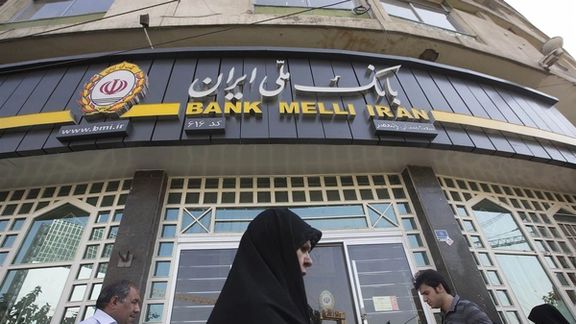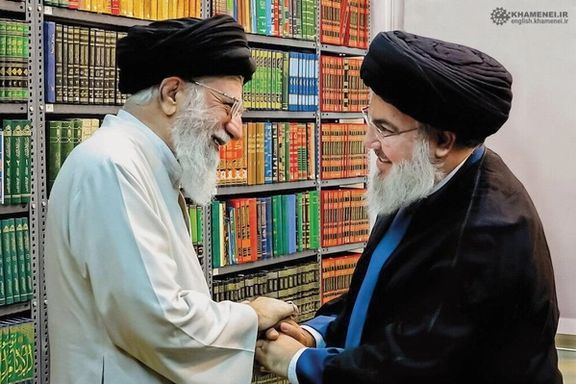Iranian Bank Report Reveals Shady Lending, Huge Losses

A new report says an Iranian governmental bank has given over 150 trillion rials – roughly $500 million – in loans to foreign entities likely to those of Lebanon, Syria, and Venezuela.

A new report says an Iranian governmental bank has given over 150 trillion rials – roughly $500 million – in loans to foreign entities likely to those of Lebanon, Syria, and Venezuela.
Bank Melli Iran, known as the first national and commercial retail bank of Iran, has recently published an advertorial on its financial statements for the first six months of the Iranian year (started March 21, 2022) as a way to promulgate its achievements and advertise the conduct of its manager, Mohammad-Reza Farzin who was recently appointed the governor of the Central Bank of Iran (CBI).
In February 2022, Farzin had claimed that the accumulated losses of the bank fell from $2.3 billion to $2.2 billion (based on exchange rate at the time) with him at the helm.
However, according to the 99-page report, the accumulated losses of the bank increased again in 2022 to roughly $2.5 billion.
Despite these losses, by late July of last year, the bank had paid over 182 trillion rials (roughly about $600 million) of loans to individuals and companies abroad. The figure was about 20 trillion rials in the previous year. Considering the sanctions and the lack of access to SWIFT banking system, it seems that these funds are mostly related to countries like Venezuela, Syria and Lebanon, wrote economic journalist Hirsh Saidian in an article published on Aftab News on Saturday. The report said that from March to July about 18 trillion rials – or about $60 million – was paid to a small bank called the Federal Bank of Lebanon, which seems to be under US sanctions.
The bank has not yet confirmed or denied this issue, nor provided any details about the recipients of the funds. In addition to lack of transparency in the country’s banking system, the government has been criticized for giving free aid to projects in Hezbollah-controlled southern Lebanon and Houthi-controlled parts of Yemen despite high inflation and lack of investment in Iran's own domestic projects.

Lebanese media reported late in December that Hezbollah is facing financial problems due to the current protests across Iran, as it cannot import Iranian goods to sell at a discount to its supporters. Makram Rabah, a Lebanese political activist, emphasized in an interview with Iran International that the consequences of the uprising of Iranians against the regime could now be seen in Lebanon. He said the dire situation of the Islamic Republic, as the biggest financial and political supporter of Hezbollah, causes this group to lose the ability to stand on its own feet.
The Bank Melli report did not elaborate on why and how a bank with such a huge amount of loss is still providing loans to entities linked with its proxy forces in the region. The report provides a rare glimpse into the opaque workings of Iranian banks, which usually serve the foreign and domestic policies of the Islamic Republic.
Moreover, some experts have claimed that the accumulated loss of the bank is actually 2 quadrillion rials (over $6 billion), which has been the result of years of corruption, mismanagement and giving loans to influential people and projects without economic justification, the article added. Such losses have caused banks to rely more on the resources of the central bank, making it print money that fuels the over 50-percent inflation rate.